中国电信产业的网络瓶颈、策略性行为与接入管制
浙江财经学院硕士学位论文I摘要中国电信产业的市场化改革凸现了网络瓶颈的接入问题,它已成为电信产业改革中最重要的理论和实践问题之一,也是促进该产业实现有效竞争的关键。本文以网络瓶颈作为研究的切入口,结合中国电信产业市场化改革的实践,探讨电信产业网络瓶颈的形成与凸现,并分析存在网络瓶颈情况下网络接入的必要性及网络瓶颈、网络接入与主导性企业策略性行为这三者间的关系,进而重点分析在网络接入过程中基于网络瓶颈的主导性企业策略性行为,在此基础上构建相应的接入管制政策体系。本文力图从电信产业的网络瓶颈这个视角来探讨该产业中主导性企业的策略性行为及相应的接入管制政策。本文首先探讨了网络瓶颈、网络接入与主导性企...
相关推荐
-
XX中学英语学科质量提升计划书VIP免费
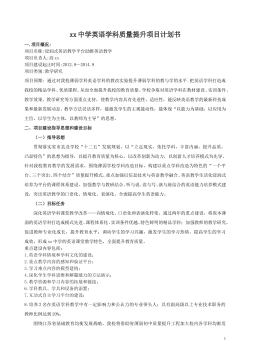
 2025-01-09 8
2025-01-09 8 -
VIPKID-美国小学在家上-在线英语学习项目商业计划书VIP免费

 2025-01-09 8
2025-01-09 8 -
English TV--英语学习智能视频平台创业商业计划书VIP免费

 2025-01-09 11
2025-01-09 11 -
English TV,4--英语学习智能视频平台商业计划书VIP免费

 2025-01-09 14
2025-01-09 14 -
260Educotton-让孩子快乐学习英语的平板电脑商业计划书VIP免费

 2025-01-09 12
2025-01-09 12 -
XX英语学校创业策划书VIP免费

 2025-01-09 11
2025-01-09 11 -
Ustudy-K12英语在线学习产品商业计划书VIP免费
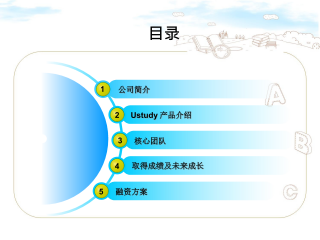
 2025-01-09 12
2025-01-09 12 -
Strawberry English School (SES)英语培训学校计划书VIP免费
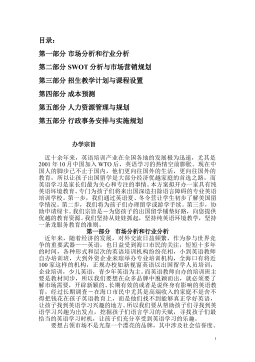
 2025-01-09 16
2025-01-09 16 -
《天中英语智能电子公司创业商业计划书》VIP免费
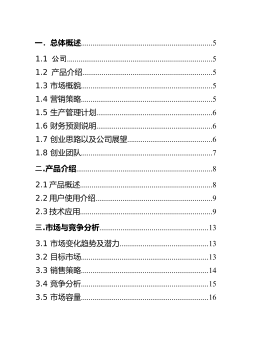
 2025-01-09 13
2025-01-09 13 -
XXXX少儿英语培训学校创业计划书VIP免费
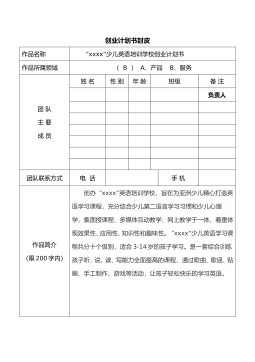
 2025-01-09 21
2025-01-09 21
相关内容
-

XX英语学校创业策划书
分类:中小学教育资料
时间:2025-01-09
标签:无
格式:WPS
价格:10 积分
-

Ustudy-K12英语在线学习产品商业计划书
分类:中小学教育资料
时间:2025-01-09
标签:无
格式:PPTX
价格:10 积分
-

Strawberry English School (SES)英语培训学校计划书
分类:中小学教育资料
时间:2025-01-09
标签:无
格式:DOC
价格:10 积分
-

《天中英语智能电子公司创业商业计划书》
分类:中小学教育资料
时间:2025-01-09
标签:无
格式:DOC
价格:10 积分
-

XXXX少儿英语培训学校创业计划书
分类:中小学教育资料
时间:2025-01-09
标签:无
格式:DOC
价格:10 积分






